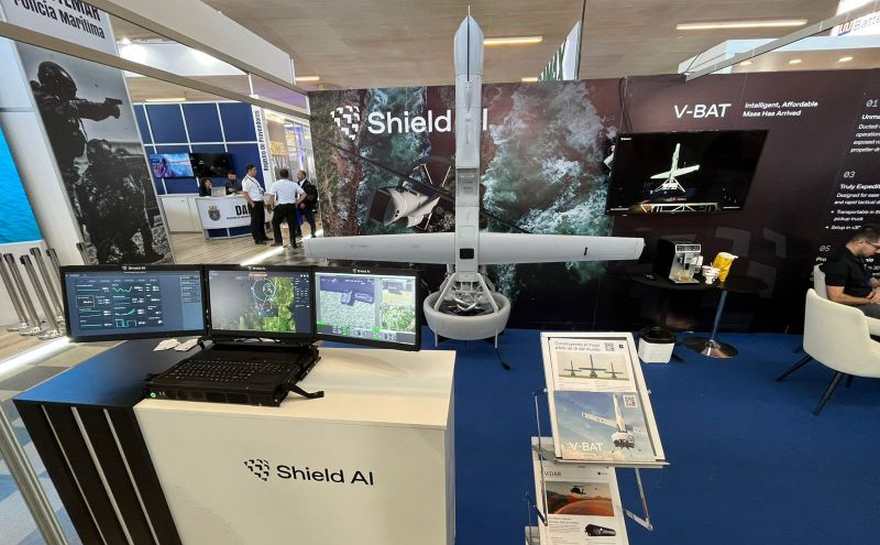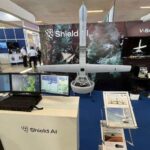Silicon Valley defense startup Shield AI hits $5B valuation as it eyes $200M in funding from Palantir, others

Artificial intelligence startup Shield AI is set to nearly double its valuation, aiming for $5 billion as it works to secure a significant funding round. The San Diego-based company, which specializes in autonomous drones and military-grade AI software, is reportedly in talks to raise around $200 million from investors, including Palantir, Airbus, and Lockheed Martin, according to a report from the Financial Times, citing sources familiar with the matter.
The new funding would mark a sharp rise from the company’s $2.8 billion valuation in its previous round in 2023. Venture capital firms such as Andreessen Horowitz, Point72, and Riot Ventures are also expected to participate in the round.
“Artificial intelligence start-up Shield AI will nearly double its valuation to $5bn in a new fundraising round, as investors race to fund defence technology groups producing cutting-edge military systems,” Financial Times reported.
“The San Diego-based group, which makes AI-powered software for autonomous aircraft and drones, is raising about $200mn from defence and aerospace companies set to include Palantir, Airbus and L3 Harris, according to people close to the deal.”
Growing Demand for Defense Tech
Founded in 2015 by former Navy SEAL Brandon Tseng, his brother Ryan Tseng, and Andrew Reiter, Shield AI is a defense and AI technology startup specializing in drones and autonomous software for government clients. Its notable customers include the Ukrainian and U.S. governments.
Shield AI’s rapid growth is fueled by increasing federal defense spending and rising global tensions. As the U.S. government navigates conflicts in Ukraine and the Middle East, and as relations with China remain strained, Washington is turning to advanced AI technologies to enhance its military capabilities.
The company’s flagship product, Hivemind, powers drones and aircraft to operate autonomously, even without GPS, communications, or human pilots. This technology has already been integrated into systems developed by major defense contractors, who view Shield AI as a critical partner in their programs.
“Investing in competitors often reflects a strategic move,” said one person close to the deal. “This shows a commitment to incorporating Shield AI’s autonomy backbone into broader defense initiatives.”
Strategic Collaboration and Competition
Shield AI is also poised to be part of a consortium led by major U.S. defense technology companies, including Palantir and Anduril. This coalition aims to jointly pitch for defense contracts, signaling a shift in how Silicon Valley firms collaborate to accelerate innovation in military technology.
The increased focus on integrating AI into defense systems comes as tech companies vie for a greater share of the $850 billion U.S. defense budget, challenging traditional players like Lockheed Martin, Raytheon, and Boeing.
Investor Confidence in Defense Startups
Investor interest in defense technology startups is growing rapidly. Palantir, for instance, has seen its share price skyrocket by 330% over the past year, pushing its valuation to over $160 billion. The company’s co-founder, Peter Thiel, also played a key role in launching Anduril, now valued at $14 billion.
The push for innovation in defense has been further underscored by recent comments from Pete Hegseth, Trump’s pick for defense secretary. During his Senate confirmation hearing, Hegseth praised Silicon Valley for its renewed focus on developing cutting-edge technologies for the Pentagon.
As Shield AI continues to attract high-profile investors and collaborators, its progress highlights the growing role of AI-driven innovation in shaping the future of defense. With funding talks underway, the company appears well-positioned to solidify its leadership in the industry.





